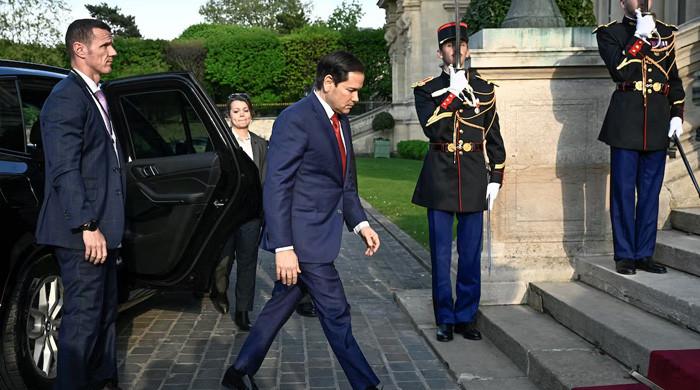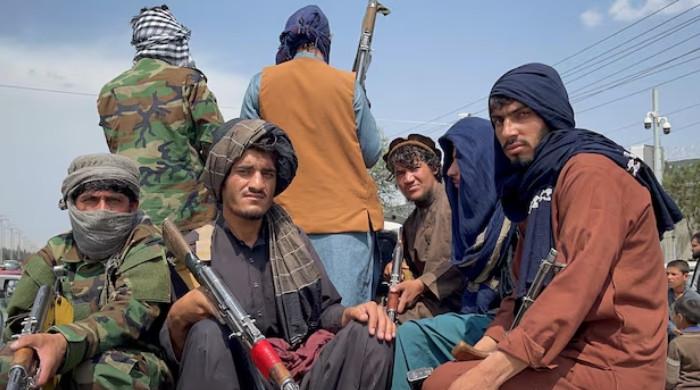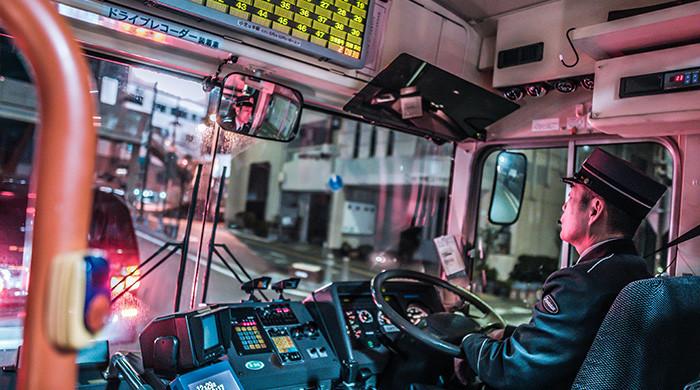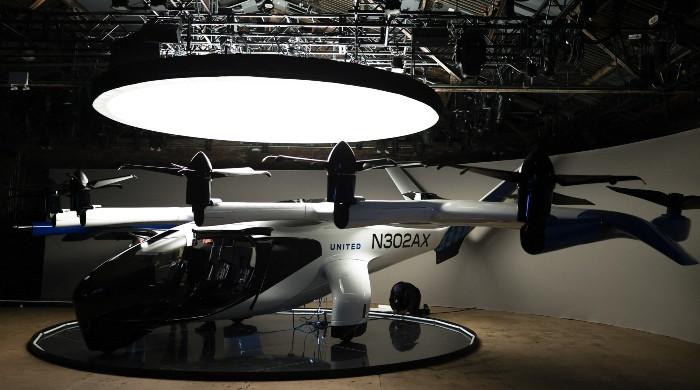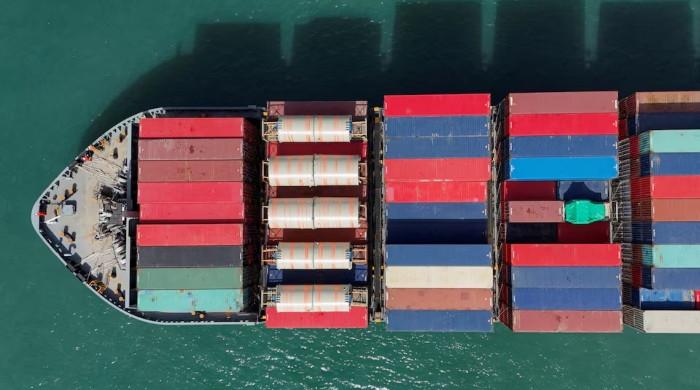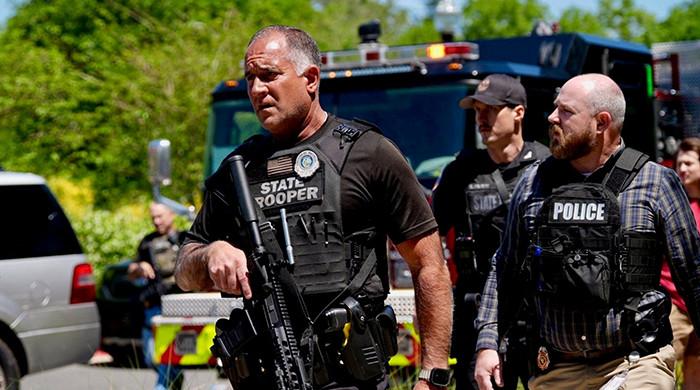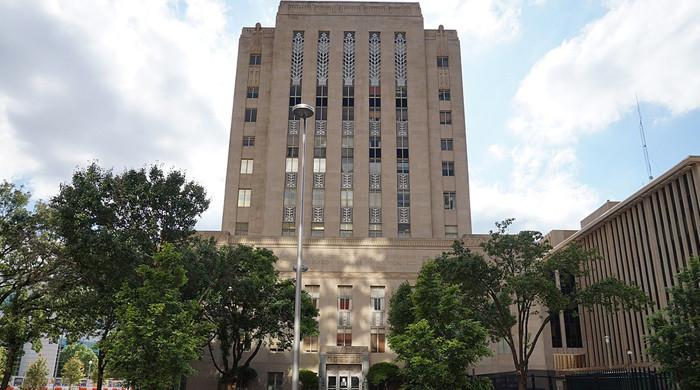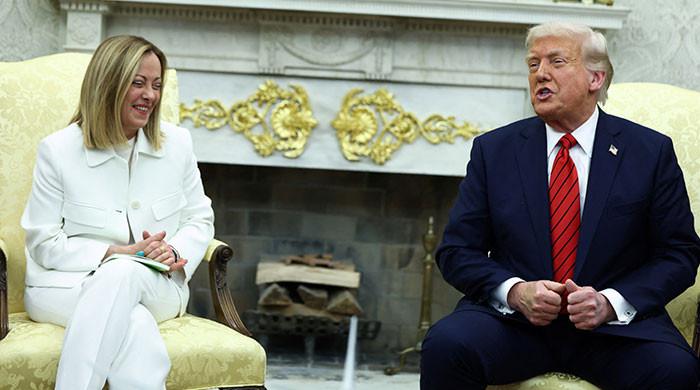'Can't have a nuclear weapon': UN atomic watchdog chief to 'arrive in Iran on Nov 11'
Visit comes after Trump's victory, who unilaterally withdrew from nuclear deal in his last term
November 10, 2024
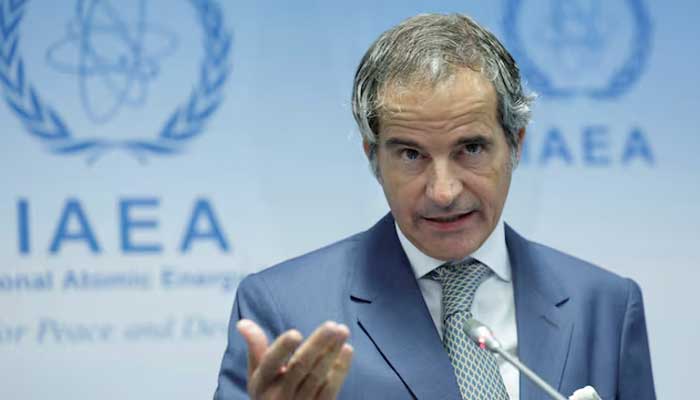
TEHRAN: The United Nations' atomic watchdog chief Rafael Grossi will visit Iran in days for talks with senior officials, Iranian state media reported on Sunday.
"The director general of the International Atomic Energy Agency will arrive in Iran on Wednesday at the official invitation of the Islamic Republic of Iran," the official IRNA news agency reported.
Official meetings with Grossi in Iran will take place on Thursday, the agency added.
Grossi last visited Iran in May, when he called for "concrete" measures to help bolster cooperation on Iran's nuclear programme at a news conference in Isfahan province, home to the Natanz uranium enrichment plant.
His visit this month will come after Donald Trump's victory in the US presidential election.
During his first term in office, Trump unilaterally withdrew Washington from a pivotal nuclear deal that aimed at curbing Iran's nuclear programme in return for sanctions relief.
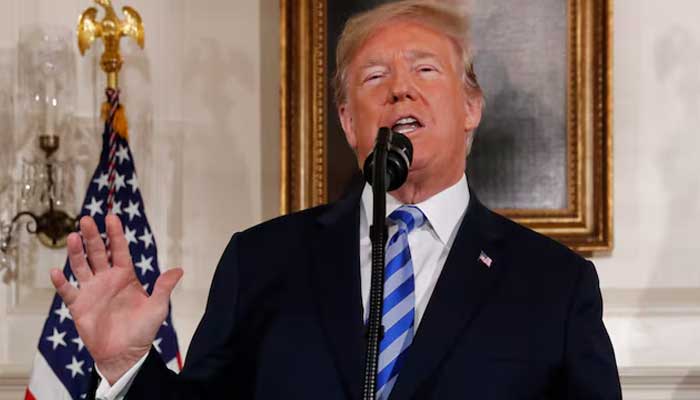
Efforts mediated by the European Union have failed to bring Washington back on board and to get Tehran to again comply with the terms of the accord.
Iran has since rolled back its commitments to caps on nuclear activities under the deal, and tensions have repeatedly flared between Tehran and the IAEA over its compliance.
Iran's President Masoud Pezeshkian, who took office in July, has favoured reviving that agreement and called for ending his country's isolation.
On Tuesday, Trump told reporters he was "not looking to do damage to Iran" but noted that Iran "can't have a nuclear weapon".
Iran has always denied having ambitions to develop a nuclear weapon, insisting its activities are entirely peaceful.
On Saturday, Iranian Vice President Mohammad Javad Zarif urged Trump to reassess his "maximum pressure" policy which has seen the US impose punishing sanctions on Tehran.
He blamed that policy for leading to the surge in enrichment levels "to reach 60% from 3.5%".




